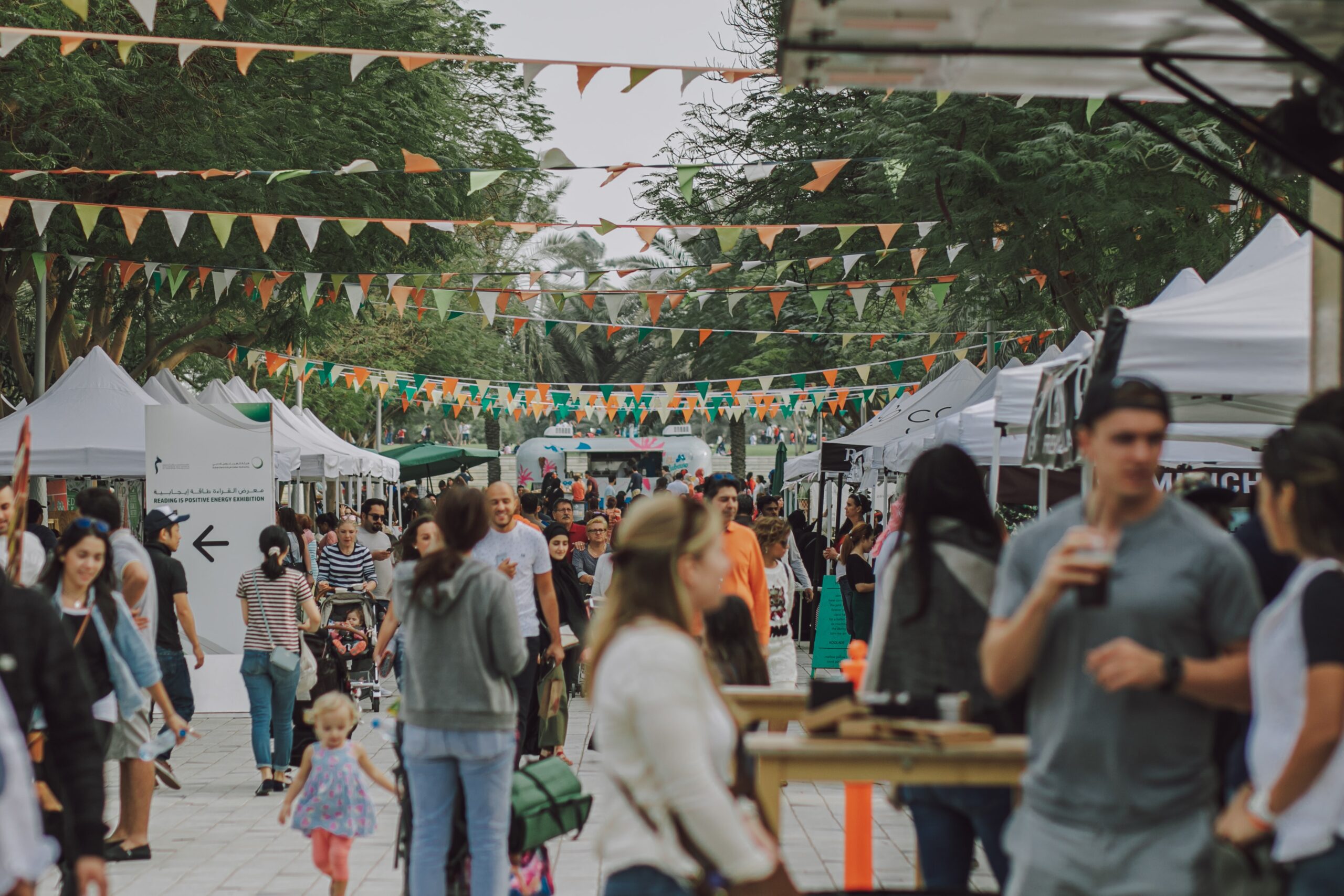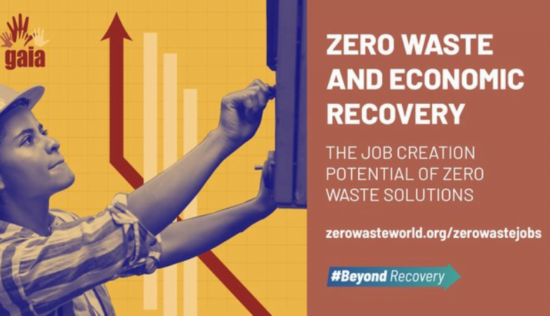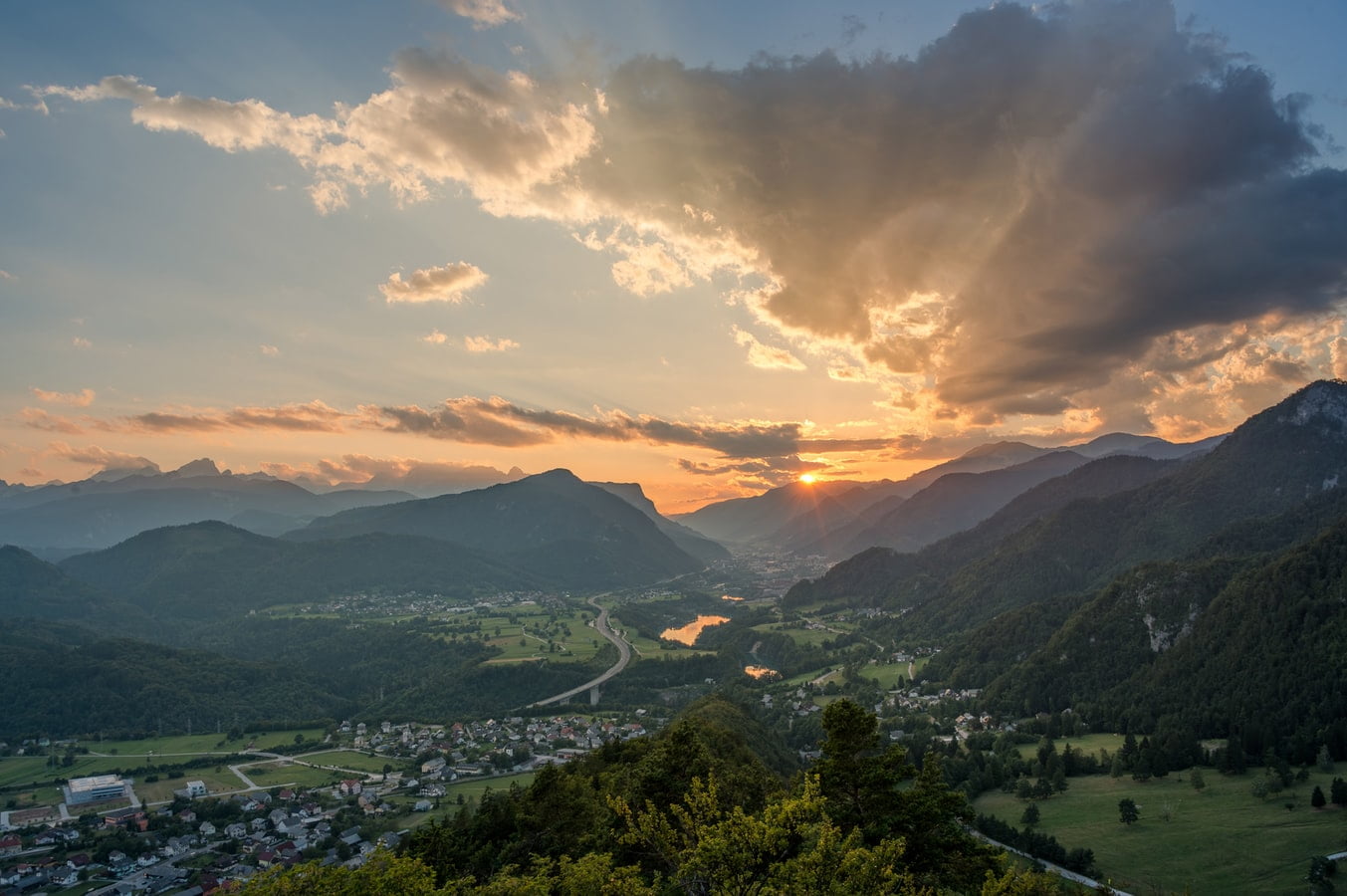Over the past decade, many regions and local authorities in Austria have begun to implement specific guidelines and policies to ensure public events are organised in a way that is as sustainable as possible. This article showcases a wide range of events that have been organised by municipalities and regions over the past few years which are focused on preventing waste and engaging the community in more sustainable practices. Clear recommendations can be taken from these events, and case studies can be seen as best practices for municipalities to follow, as a means of using public events as a tool to help communities reduce their waste.
Background
The Austrian Ministry for climate protection launched the network “Green Events Austria” in 2008 at the second international “Green Events Austria” conference in Linz. The network, which is coordinated by pulswerk gmbH, the consulting company of the Austrian Institute for Ecology, includes the Federal Ministry and all federal states.
One of the goals of the network is to promote the sustainable organisation of events by public authorities. As a major organiser and purchaser of products and services, targeting public events that are organised by municipalities is important to raise awareness and to have a positive waste reduction impact. For example, over 4,000 clean festivities alone in the past few years in Austria have saved 17 million plastic cups from becoming waste.
Further information on network members and data from successful events can all be found on the national’s government website.
The need for these events – increasing residual waste in Austria
The amount of waste generated in Austria has increased significantly in the past 10 years. In 2018, around 4.4 million tons of municipal waste was generated by households and similar facilities, an average of 500 kgs per person. 61% of this was separately collected for recycling and composting, whilst the other 39% was treated as waste.
The separate collection of glass, metal, and plastic packaging from households has increased by 4% in the past 5 years. According to an IMAS study from 2019, 98% of Austrians separate their waste at home, whilst 67% also state that the topic of waste separation has become more important to them in recent years.
Therefore, the decision to begin implementing the Green Events initiative was made not only to incentivize waste reduction by event organisers, but also as a means of further embedding the practice of waste separation and prevention into the everyday lives of citizens.
Green Events Austria: The Initiatives
Green Events Austria connects the federal government and regional states with each other to create closer cooperation, exchanging similar experiences and lessons in order to improve the impact of these events across the country. Successful initiatives led by the Federal government in order to help foster more green events nationally include the competition “win sustainably!” or the “Infothek Green Events”.
The competition “win sustainably!” is a sustainable award for successful events in the field of culture, sport and festivals that follow the criteria for a sustainable event. In previous years’ events such as BioFest Graz 2019, ‘WearFair + more 2019’ and the Adamah BioHoffest 2018 have all won the award. The “Infothek Green Events” is a publicly available online platform hosted by the network which provides information about vendors, services, and advice on how to plan green events for event managers and coordinators.
Successful examples of Green Events
Vienna: ÖkoEvent
The umbrella brand ÖkoEvent has been organising green events since 2010 and now hosts an online platform full of resources and guidance for event-organisers looking to organise sustainable ones. The City of Vienna supports green events with the free rental of reusable tableware and a subsidy for the washing of this tableware, whilst ÖkoEvent also provides event advertising materials available to borrow.
For waste prevention, ÖkoEvent provides numerous helpful resources that range from a sample waste concept sheet to help capture data and best plan for waste reduction measures, to detailed guidance on how to avoid food waste. Furthermore, the city of Vienna has passed law which obliges the use of reusable systems at events where food or drinks are served, and
- in which more than 1,000 people can participate or
- which take place on properties owned by the federal capital Vienna.
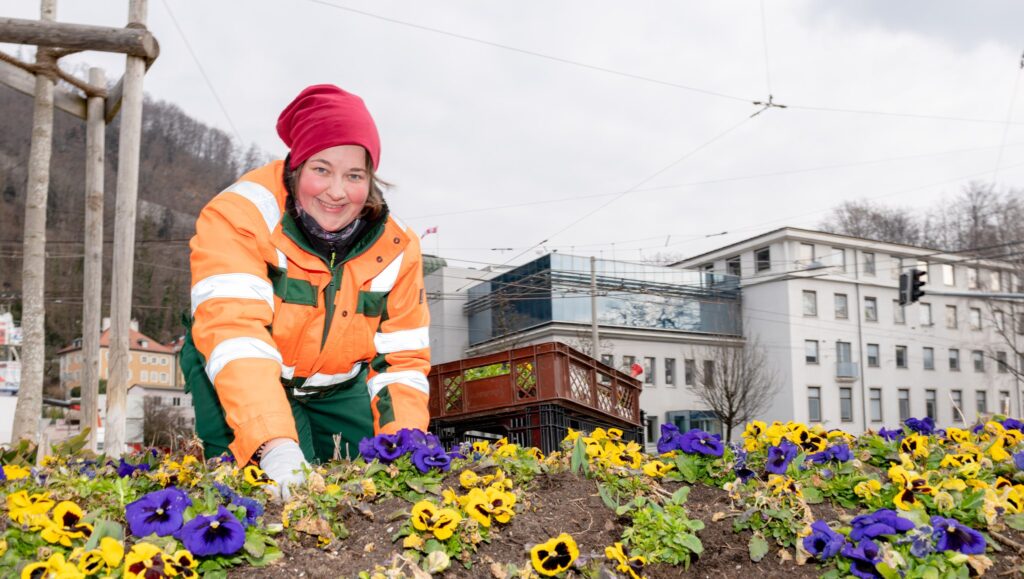
Salzburg: Green Event Salzburg
The federal state of Salzburg provides events that pay particular attention to ecological, social and economic sustainability with the opportunity to become a “Green Event Salzburg.” All events in the areas of culture, sport, village, city and club festivals are able to apply, and the benefits of being recognised as part of the initiative range from discounts from selected partner companies, free advertising on the region’s website and direct guidance on how to best organise the event in a zero waste manner.
All Green Events in Salzburg must comply with at least 8 requirements to ensure their sustainability:
-
- Promotion of climate-friendly mobility – ensuring the event can be easily accessed by foot, bicycle or public transport
- Offering seasonal, regional (within 150km) and preferably organic food – this also includes an obligation on non-local foods to be fair trade, the restriction of excessive drinking (e.g. ‘happy hours’), requirement of at least 1 vegan or vegetarian meal option and the provision of tap water
- Mandatory use of only reusable crockery, glasses, mugs and cutlery
- Purchase of beverages must be only available in large and/or reusable containers
- Use of large containers instead of portion packs for ketchup, mustard, etc – this is designed to prevent single-use sachets being used
- Sensible and suitable waste separation and collection – which must also be clearly labelled and includes the separate collection of residual waste, paper, glass, metal and plastic packaging, used cooking oil and grease, organic waste
- Avoidance of single-use decoration and single-use giveaways – all decorations must be made from reusable materials and if giveaways are offered, they are only given out unpackaged and are either made from environmentally friendly or natural materials or sourced by a non-profit organisation
- Economical use of resources and renewable energy – renewable energy sources must be used wherever possible, cleaning agents must have appropriate environmental certification and special effects that generate waste (pyrotechnics, confetti, decorative snow, foam, etc.) and the use of intensive outdoor lighting, sky projectors, etc. are not used.
There are numerous other successful examples from regions, cities and towns across Austria which could have been included in this article. For example, municipalities organising events in the region of Tirol can apply for certifications that validate their environmental and zero waste credentials as part of the ‘Green Events Tirol’ initiative.
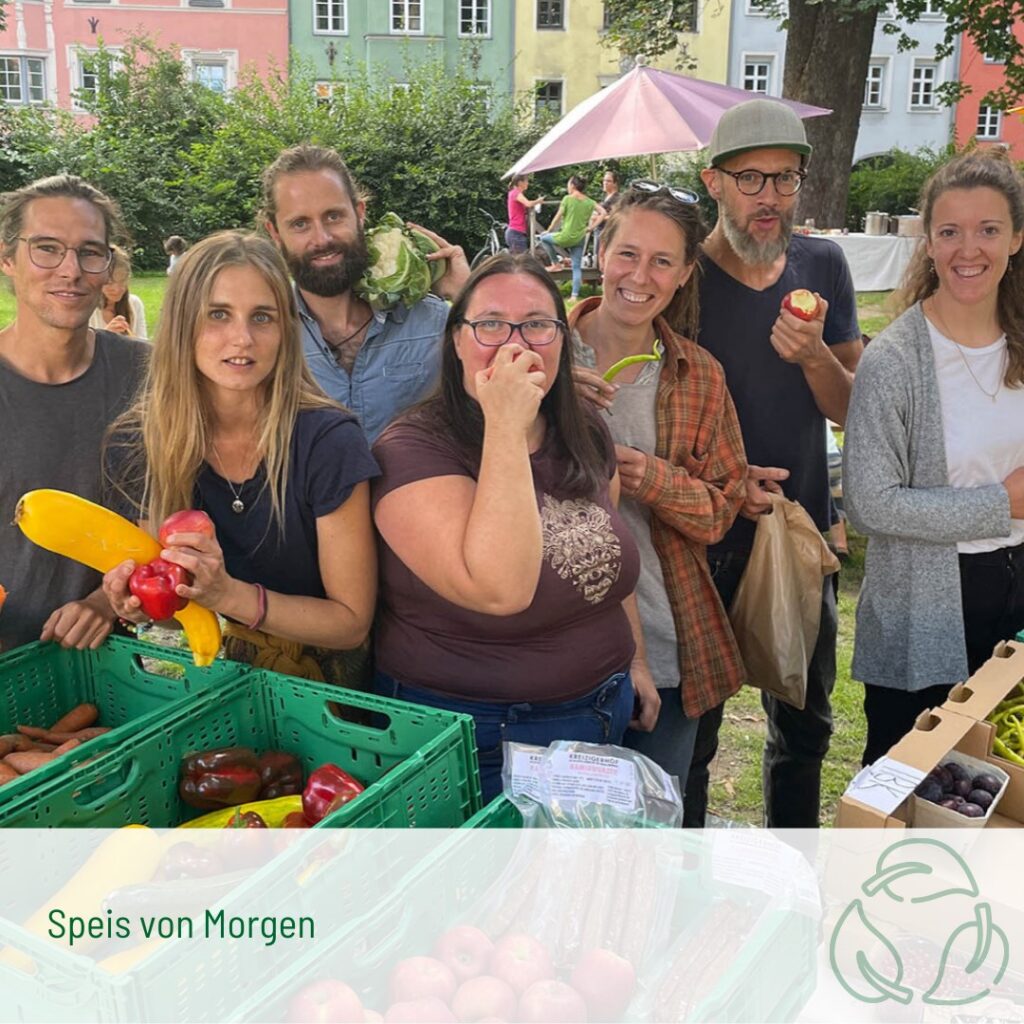
Benefits of organising ‘green’ events
There are several economic benefits on offer to event organisers who wish to make their event more sustainable by participating in this initiative. This includes reducing the overall event costs by reusing more and subsequently having to buy less materials. These benefits are often long-term, once the initial investment in reusable items has been made, as well as saving money by having to spend less on disposal infrastructure and the fees paid to get rid of waste generated.
When recycled materials or upcycled items are used, and the use of materials is reduced during a Green Event, it can significantly decrease the environmental impact of the event. For example, if a five-day event serves 2200 people snacks, breakfast, lunch, and receptions using chinaware instead of plastic disposables, it prevents an average of 857kg of plastic from going into a landfill or from being incinerated.
On top of this, customers want more sustainable events. According to recent global research, 48% of attendees would pay more for greener events, and 36% of attendees say that event-sustainability is important when buying a ticket. That is one more factor that plays an important role in the necessity of shifting to Green Events for event organisers.
